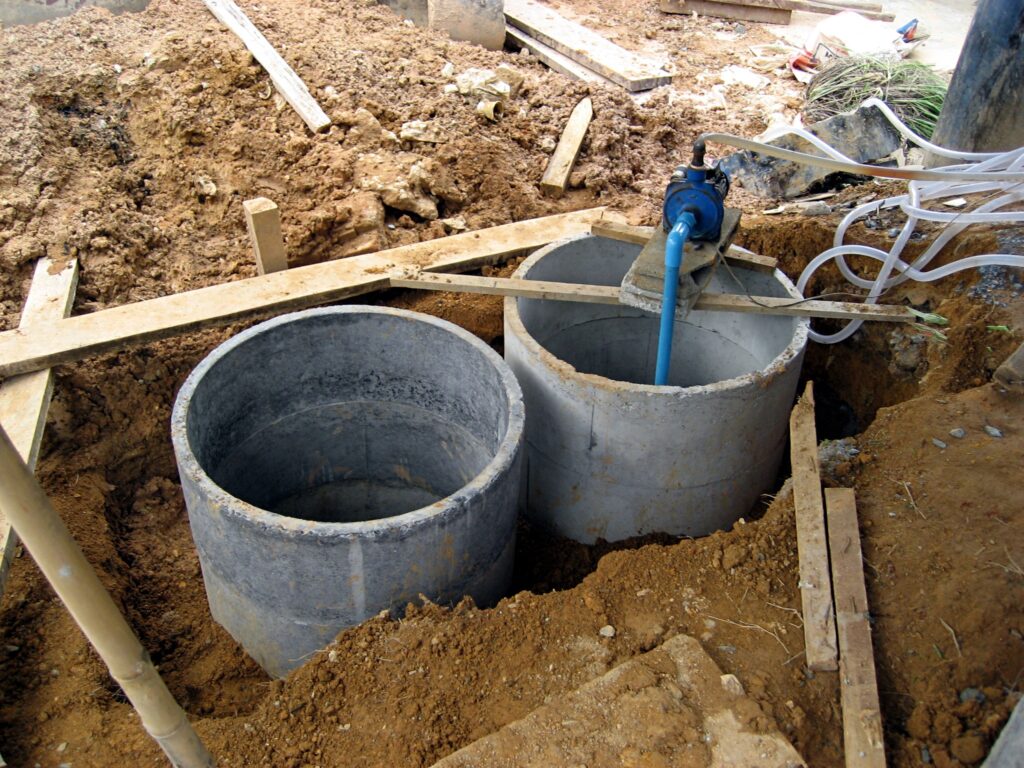Pros and cons of septic tank are a popular choice for those seeking to avoid waste disposal. They are also environmentally friendly, as they do not require landfill pickup. However, septic tanks can be expensive to maintain and a nuisance when clogged. Additionally, they can leach harmful chemicals into the surrounding soil or water, posing a potential health risk to those who contact the contaminated area.
Septic tank’s pros and cons

Septic tanks are a great way to handle wastewater for homes not connected to a public sewer system. If the tank isn’t pumped regularly,
The pros of include that they are relatively affordable, easy to maintain, and can handle a large amount of wastewater. Septic tanks also work well in rural areas with no public sewer system available.
There are several disadvantages to having a septic tank, such as unpleasant odors, the need for frequent pumping, and the potential for clogs. If a septic tank is not properly maintained, it could also lead to contamination of groundwater.
are less expensive than a sewage treatment plant.
In most rural areas, septic tanks are the only option for sewage treatment. Septic tanks are less expensive than a sewage treatment plant and work just as well, if not better, in most cases. A sewage treatment plant is only necessary for densely populated areas without enough land to install a septic tank.
Septic tanks require less maintenance than a sewage treatment plant.
are a common wastewater treatment system in rural areas. They require less maintenance than a sewage treatment plant and are less expensive to install and operate. use natural bacteria to break down waste, while a sewage treatment plant uses artificial chemicals to disinfect wastewater. Septic tanks can also treat blackwater and wastewater from toilets, while a sewage treatment plant cannot.
Septic tanks can handle more wastewater than a sewage treatment plant.
have long been used to handle wastewater from homes and businesses. However, a recent study by the EPA found that septic tanks can handle more wastewater than a sewage treatment plant. The study also found that septic tanks are more affordable and easier to maintain than sewage treatment plants.
Septic tanks can pollute groundwater if not maintained.
can pollute groundwater if not maintained. If the tank isn’t pumped often enough, solids will accumulate and eventually escape into the soil and water supply. In addition, can leak, contaminating groundwater with raw sewage. Homeowners should have their septic tanks inspected at least once a year to ensure that they are functioning properly and are not polluting the environment.
Septic tanks must be emptied every few years.
Septic tanks are a necessary part of life in rural areas. Wastewater from homes that do not have access to a public sewer system is stored in them. It would be best if you pumped out your septic tank every few years. First, remove the sludge and scum that accumulates at the bottom of the tank. If this sludge builds up, it can cause the tank to overflow, leading to a messy and expensive cleanup.
Benefits of Pros and cons of septic tank
Septic tanks are a popular wastewater treatment option in rural areas that do not have access to municipal sewer systems. A septic tank system collects wastewater from your home and stores it in a tank until it decomposes. The benefits of septic tanks include:
- -They are relatively low-cost to install.
- -They can treat a large volume of wastewater.
- -Septic tanks work well in areas with low population density.
- The disadvantages of septic tanks include:
- -They require regular maintenance, including pumping and cleaning.
- -If not properly maintained, septic tanks can pollute the environment.
- last tips Pros and cons of septic tank
systems are a popular choice for homes not connected to a municipal sewer system. A septic tank system collects and treats wastewater from home and then disposes it in an on-site leach field. There are advantages and disadvantages to using a system.
Some of the pros of using a septic tank system include:
- are relatively affordable to install compared to other wastewater treatment options.
- can accommodate a large volume of wastewater, making them ideal for larger homes or properties.
- require little maintenance, making them low-maintenance and easy to operate.
- help protect the environment by treating wastewater on-site instead of discharging it into a municipal sewer system.
Conclusion:
tanks have both pros and cons. They are effective at treating and disposing of wastewater but can also be expensive to install and maintain. Weighing the pros and cons is important, but septic tanks are a good option for homes not connected to a municipal sewer system. Before continuing, you should decide if this is the right solution for your home.












Commented Posts